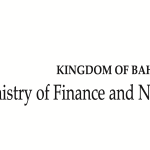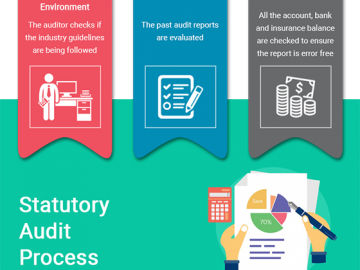
Corporate Governance Rules in Bahrain

Most People might question, what is corporate governance and why is it important for me, given my company is already profitable? Corporate governance structure goes beyond financial profits and encapsulates a system of rules, practices and processes by which a firm, irrespective of its shareholding pattern, is directed and controlled. Corporate governance essentially involves balancing the interests of a company’s many stakeholders, such as shareholders, senior management executives, customers, suppliers, financiers, the government, and the community. The core importance of corporate governance emanates from the fact that it provides an essential framework for attaining a company’s financial and non-financial objectives. It encompasses practically every sphere of management, from action plans and internal controls to performance measurement and corporate disclosures. Most companies strive to adopt a high level of corporate governance as it portrays high levels of ethical credibility to key stakeholders and facilitates sound audit practices.
For many shareholders, it is not enough for a company to be merely profitable; it also needs to demonstrate good corporate citizenship through environmental awareness, ethical behavior, and sound corporate governance practices. A robust corporate governance mechanism creates a transparent set of rules and controls, in which shareholders, directors, and officers not only have aligned objectives but also aligned incentives. Bad corporate governance can often cast doubt on a company’s reliability, integrity, or obligation to shareholders—all of which consequently can have implications on the firm’s financial health and auditability.
Bahrain being home to a large number of local, regional and international firms across different company/ business structures, like limited liability companies, Single Person/Joint Stock, General partnership, Foreign Companies, Holding Companies, have always encouraged a strong corporate governance culture in companies. Irrespective of the underlying shareholding structure, all companies in Bahrain are required to adopt Corporate Governance Requirements and best practices around it.
Commercial Companies Law (CCL) is the law governing commercial companies, their formation and management in Bahrain. CCL has been in force since 2001 and was recently amended in April 2020. It includes rules related to segregating powers and scope of powers of Board of Directors and Shareholders, as well as respective accountability and cases of personal liability. It also includes disclosure of conflict of interest by Board Members and avoidance of conflict of interest. In addition to CCL, The Corporate Governance code was issued by Decision No 19 of 2018 by the Minister of Industry, Commerce and Tourism pursuant to Article 358 of the CCL. This code provides the minimum required standards for corporate governance and applies to all companies incorporated in Bahrain. The only exception is companies carrying out regulated financial services and licensed by the Central Bank of Bahrain, which are subject to a separate designated corporate governance code issued by CBB in its rulebook.
This Corporate Governance code includes 11 main corporate governance principles as follows:
- The board shall be effective, qualified and have the required expertise
- The directors and executive management shall have full loyalty to the company
- There must be rigorous controls for financial audit and reporting, internal control and compliance with the law
- The requirement for effective procedures for appointment, training and evaluation of the directors
- Fair and responsible remuneration for directors and senior officers
- The requirement of a clear and efficient management structure with defined job titles, powers, roles and responsibilities
- Shareholder involvement by encouraging communication, participation
- Disclosure of companies’ corporate governance
- For companies which offer Islamic services, adherence to the principles of Shari’a
- Integrity of the financial statements and the importance of external auditors as a responsibility of the board
- Social responsibility
Boards of joint stock companies (closed and public) have higher corporate governance requirements. They are expected to form a dedicated corporate governance committee, to appoint a corporate governance officer to ensure compliance with the corporate governance rules, and submit a corporate governance report annually to the Ministry, setting out each principle and the measures taken to comply therewith, with a special section for related-party transactions.
The regulatory authorities in Bahrain expect all companies to adopt a strong corporate governance structure and build an overall strong ethical culture in the company. However, the specific reporting requirements are only enforced on closed and public joint stock companies. It is always prudent to be aware of these regulations and involve professional advice as the company structure and shareholding patterns become more elaborate and complex in order to ensure full compliance.
For reporting requirements on Corporate Governance in Bahrain, please visit:
https://www.quantumauditing.com/bh/reporting-on-corporate-governance-requirements/
Quantum Auditing offers support to the business community in the Kingdom of Bahrain with diligence in compliance with the reporting requirements. We are well placed to assess the impact of the Rules on your organisation and assist you in complying with the Corporate Governance Code.































